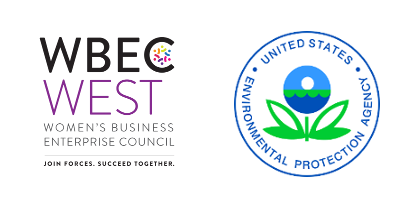Articles and Resources
Treating hazardous waste in the country of origin prior to exporting overseas can be extremely risky because of the numerous conflicting state, federal, and international laws.
Transporting secondary raw materials between countries is becoming increasingly common and requires a deep knowledge of material classifications and international environmental agreements.
Reaching global climate neutrality by 2050 is an ambitious goal and one that requires the cooperation of oil companies.
Working with experienced waste disposal companies will help protect the environment, strengthen your brand’s reputation, and ensure the safety of your employees, and that of people around the world.
To make a difference in our community and help mentor the next generation of leaders, we donated $10,000 in December 2020 to the Los Angeles Harbor Boys & Girls Club.
Recycling can provide significant economic benefits to companies by decreasing the costs associated with hazardous waste disposal and by lowering the need to purchase new raw wastes.
With consumers and businesses discarding millions of electronics per year, the disposal of e-waste continues to be a growing concern as it is toxic to the health of humans and biological life.
Car batteries can and should be recycled because they contain chemicals that can harm the environment if not properly disposed of.
Catalysts aid in industrial refining and chemical production processes for a series of manufacturing industries, ranging from food manufacturing to petroleum.
Biodiesel is a clean-burning, renewable fuel made from vegetable fats and oils that can be used for charging electronics, as a great lubricant in engines, and even to remove paint and adhesives.
The primary goal of the Basel Convention is prevent the international transport and dumping of waste from developed to developing countries.
Generally, raw wastes are primary and unprocessed wastes that are required to form a finished product. They can be extracted through mining from the earth's crust or other natural resources.
The definition of hazmat does not only concern highly toxic, explosive or polluting products--it also concerns all products that you regularly need.
Is shipping industrial waste to the moon safe for the earth and the universe as a whole? Is it legal? Is it cost-effective? Is it even feasible? These are the questions the industry is considering.
About 80 percent of palladium ends up in the exhaust systems of cars, where it helps turn pollutants into less-harmful carbon dioxide and water vapor.
Thanks to a largely electrified network, the train is much more fuel-efficient for transit than trucks or planes--especially in terms of pollutant and greenhouse gas emissions.
There are U.S. Environmental Protection Agency (EPA) provisions that contain a range of details and descriptions on different types of hazardous waste, some of which you use daily.
To offer fast and economical solutions, RTS combines road transportation with rail transportation. We tell you all about the advantages of intermodal transport, which is increasingly being promoted by international governments.
A refining catalyst is a catalytic refining substance used in refining crude wastes in refineries. Additionally, refining catalysts is also the process of refining contaminated or spent catalysts.
The world's resources are limited. As the population is becoming increasingly aware of the problem, sending hazardous waste to Mars is seen as a potential solution.
The Basel Convention is a conference of the international community on trans-boundary transportation, management, and disposal of hazardous waste. This Convention has three principal objectives...



